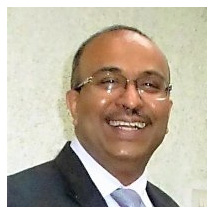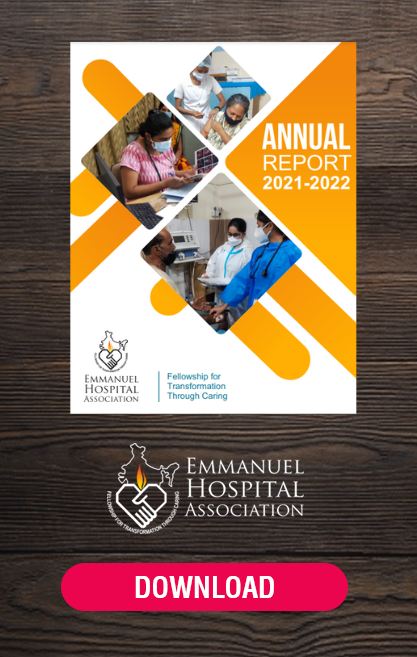 Dr. Joshua Sunil Gokavi, MBBS, MS, CMC Vellore
Dr. Joshua Sunil Gokavi, MBBS, MS, CMC Vellore
I grew up in the city of Bangalore in South India, living in the campus of a well known Christian English school where my father was the principal.
I was fortunate to be part of a vibrant church with plenty of opportunity for the youth in terms of music, bible study, camps, fellowships and the like. The church also sponsored a fair number of missionaries to very rural parts of the country, who periodically gave reports of the work they were involved with, whether in church planting, bible translation or medical ministry.
I can still see in my mind's eye the discoloured slides that depicted their labour, with one of them being a medical missionary in the hills of Orissa. This apparently made an impression on my young mind, so when I gained entry into medical school in 1983, it was not hard for me to imagine myself as one who would be serving in mission stations with the skills I would be acquiring.
On completion of my primary medical studies, I was fortunate to marry a classmate with a similar bent of mind, which made it feasible for us to continue in medical missions even after completion of our post-graduation from the Christian Medical College, Vellore, where we had also done our undergraduate studies. The college also proved a good facilitator to those of us who desired to serve in such places, making provision for various informal trainings that stood us in good stead in remote areas by expanding our skill sets.
It was thus through my wife, a student sponsored by the Emmanuel Hospital Association, that I was introduced to the organization - one that was obviously committed to a clear vision and mission, with biblically-based values and support systems that facilitated these high ideals. Such was the environment of the organization that I had no difficulty in making the decision to commit my entire professional career to contributing to its growth in whatever capacity - one that we have absolutely no regrets about.
Learnings while dealing with the economically weaker section of the society, the vacuum EHA fills in the health care system
My wife and I saw this as an obvious calling by God to work among those who hardly had access to ethical and quality medical care - we found we could not turn a blind eye to the extreme poverty, ignorance and tremendous need for health care we saw around us, encouraged by the fact that our service was making a difference to the many patients and communities we catered to.
This sense of satisfaction and fulfillment overshadowed the various difficulties we encountered from time to time, at both the personal and professional levels - it was the perfect opportunity to gain an experiential knowledge of God at work in and through us.
It is thrilling to me that though EHA is a small organization, it has the potential to make an impact on rural health through its unique holistic approach, of which there is more than a little evidence. I do believe, as we strengthen our systems and institutions, we can accomplish even more in a country that is in need of compassionate and effective healthcare. In a world that is rapidly 'progressing' in digitization, the continuous emphasis on the 'human touch' and relationships, propagated through organizations like EHA, will never lose their relevance.



